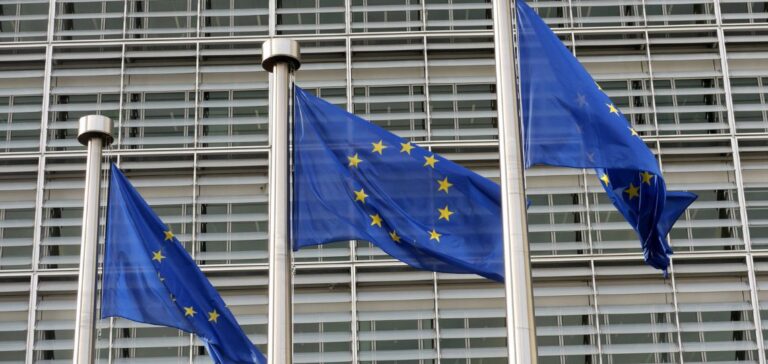A hundred European elected officials, including MEPs, French elected officials and mayors, called on the European Commission on Tuesday to ban EU energy groups from launching new fossil fuel projects because of the“climate peril“.
European legislation to prevent fossil fuels
The signatories ask the President of the European Commission Ursula von der Leyen to propose European legislation that will prevent any new exploitation of fossil fuels by European groups such as TotalEnergies and Shell.
The elected representatives are also calling for legislation that will prevent the European financial sector from providing financial services to “climate change” projects and to companies that do not quickly give up developing such projects.
Finally, the elected representatives asked Ursula von der Leyen to publicly defend the idea of a non-proliferation treaty for fossil fuels.
The call is now
The 100 signatories of the letter say that “the time to act is now, before it is definitely too late” and will present their demand on Tuesday at an event in Brussels entitled “stop superprofits on the back of the planet”.
The appeal comes as environmentalists criticize the lack of positive responses from banks that have been asked to stop projects in South Africa by TotalEnergies and its financial backers.
TotalEnergies and Shell post record profits
For its part, TotalEnergies will present its annual financial results on Wednesday, after announcing a new record profit of $6.6 billion in the third quarter, thanks to the surge in gas prices following the Russian invasion of Ukraine. For its part, Shell recorded the highest profit in its history in 2022, at $42.3 billion.






















